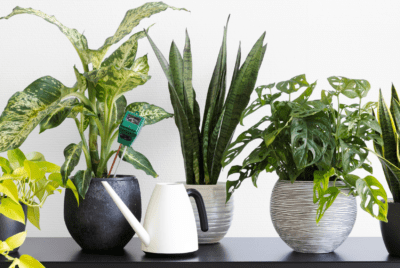RESEARCH
Personality Disorder and Intellectual Disability: The Impacts of Horticultural Therapy Within a Medium-Secure Unit
Summary
This study looked at how gardening helped seven men who had both learning disabilities and personality disorders in a secure hospital in the UK. The researchers wanted to understand if working in a garden could improve their health and well-being. To do this, they talked to the men in three group discussions. The first discussion happened before a new garden was even open, to see what the men expected. The second was after they had been gardening for nine months, and the last one was after a full year, to hear about their overall experiences and what they felt they gained. The men themselves were involved in designing and looking after the garden.
The researchers then carefully looked at what the men said in these discussions to find common themes in their experiences. They identified that the garden helped the men by giving them a place to relax and escape stress, made them feel more motivated and hopeful, and gave them a sense of achievement and purpose through the work they did. For instance, in each of the three focus groups, which involved six to seven service users, participants consistently described the garden as a calming and stress-reducing environment. Overall, the study highlights positive personal health benefits and personal development for these service users as a result of their engagement with the horticultural activities.







